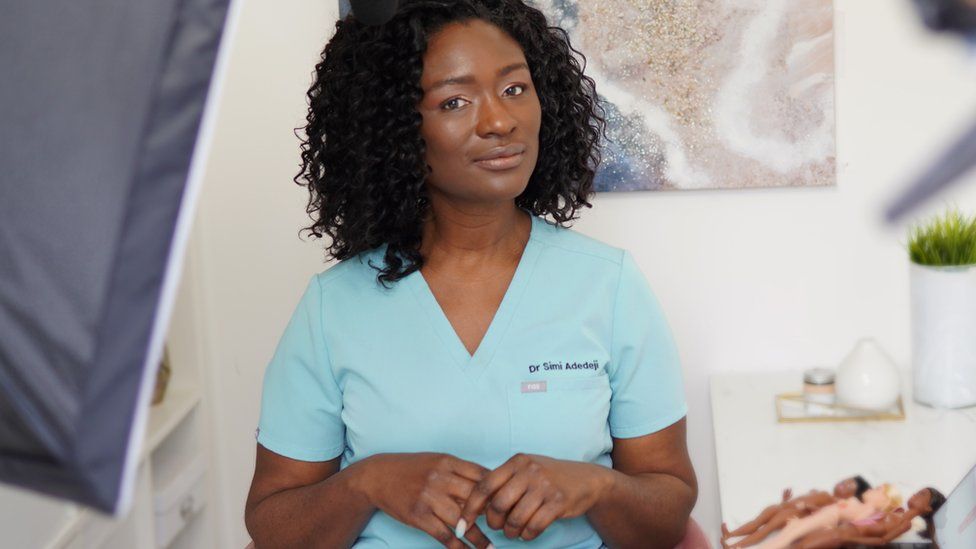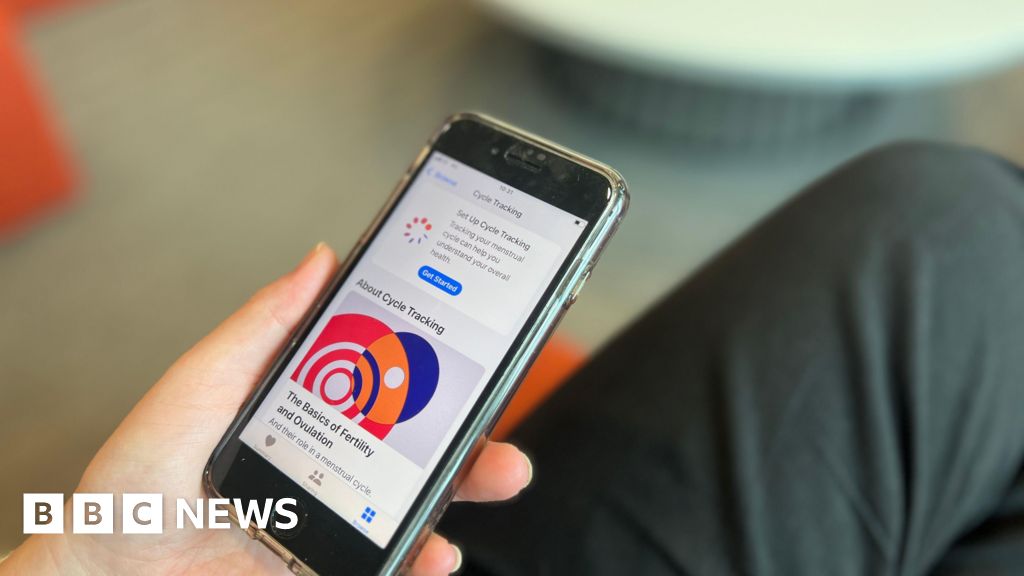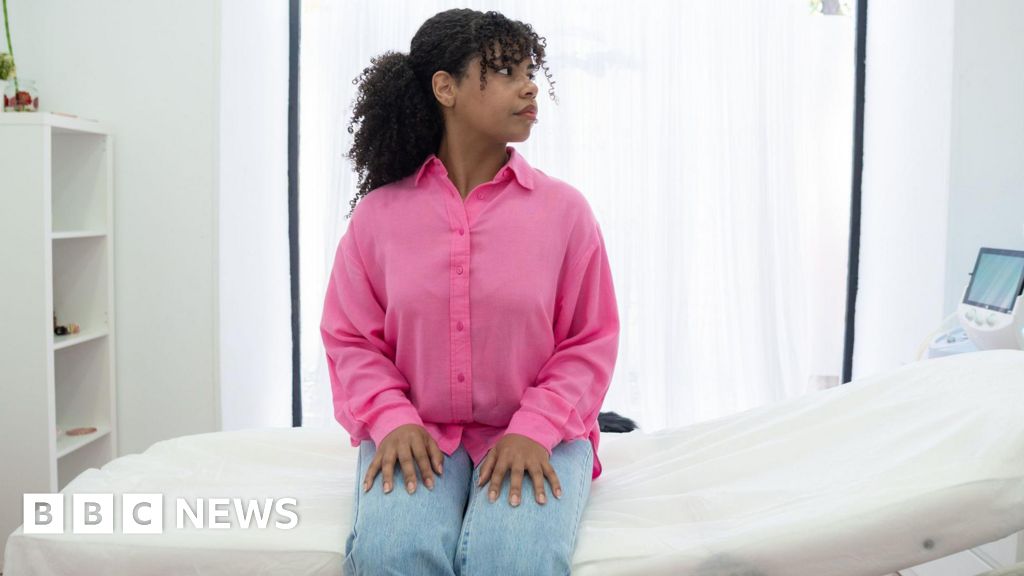ARTICLE AD BOX
 Image source, Dr Simi Adedeji
Image source, Dr Simi Adedeji
Dr Simi Adedeji, who has 1.97m subscribers, is a UK doctor who has been validated by YouTube
By Tom Gerken
Technology reporter
YouTube has launched a verification system for healthcare workers in the UK as it battles disinformation online.
In 2022, health videos were viewed more than three billion times in the UK alone on the video-sharing platform.
Doctors, nurses and psychologists have been applying for the scheme since June and must meet rigorous criteria set by the tech giant to be eligible.
Successful applicants will have a badge under their name identifying them as a genuine, licensed healthcare worker.
But YouTubers have warned the system is only meant for education purposes, not to replace medical advice from your GP.
Vishaal Virani, who leads health content for YouTube, said it was important simply due to the sheer number of people accessing healthcare information on the video-sharing platform.
"Whether we like it or not, whether we want it or not, whether the health industry is pushing for it or not, people are accessing health information online," he told the BBC.
"We need to do as good a job as possible to bring rigour to the content that they are subsequently consuming when they do start their care journey online.
"We want to create an environment where those who are experts, who are authorities, are able to elevate the content that they are creating."
Not meant to replace a GP visit
"I think the reason why it's such a great thing is you just have time to tackle some tricky topics and conversations," said Dr Simi Adedeji, a YouTuber who focuses on skin health and women's health.
"I'm able to talk about some of the embarrassing topics that women are often too embarrassed to talk about, that sometimes they were too embarrassed to even bring up in a consultation with their doctor.
"Being able to create content like this makes it really accessible for the audience, and helps in terms of reducing the health anxiety that people might sometimes have, because they're able to have some information that's digestible in easy, understandable language."
As a practicing doctor in the UK, who has been validated on YouTube as part of the programme, she said the system allowed people to make judgements on the trustworthiness of health videos.
But she warned her content, and the validation tag, were "absolutely not" intended to replace seeing a medical professional.
"There's a difference between giving medical education - which is what we're doing - and giving medical advice - which we don't do," she said.
"It's about giving medical information so that the audience feels empowered and can then go and see their doctor.
"This is very much complementary, it does not replace your consultation with your doctor."
Fighting false information
Now when people search for a health topic on YouTube, the top of the search results will first show a "health shelf" - a list of videos - which is explicitly labelled to be from health sources.
The videos which populate that list will be those from authoritative sources which have been validated by YouTube.
It is the latest move from the tech giant as it fights against false information in videos, particularly around health.
It comes two years after the firm announced a total ban on disinformation about vaccinations, the end result of months of criticism it faced for an inability to handle disinformation around the Covid-19 vaccination.
And research published in the BMJ in 2022 found that 11% of YouTube's most viewed videos about the vaccine contradicted the World Health Organisation or the US Centers for Disease Control and Prevention.
Validation
Mr Virani told the BBC healthcare professionals were validated through a "multi-step process" based on collaboration with the Academy of Medical Royal Colleges (AoMRC) and the NHS, along with other stakeholders such as the Royal College of Nursing.
The YouTubers must have an active medical licence, and they cannot have posted any videos in the past containing disinformation.
YouTubers who break the rules could potentially lose their validation status, or even their YouTube account altogether if it is particularly egregious.
And Alastair Henderson, former chief executive of the AoMRC, explained things could be even worse than that if validated users deliberately provide misinformation.
"There is potential that with their individual professional regulator this would be an issue," he said.
"We've talked to regulators about this - being deceptive or providing false information would breach the expectations of the General Medical Council or Nursing Council."
And he said he hoped other social media companies would be inspired to take up similar practices.
"I would certainly hope that others will follow and I would assume if it's clear that this is successful and popular and the YouTube platform is recognised as high quality and impactful, others might want to do that too... but we are not in a position to force them."
The BBC has approached Meta and TikTok to ask if they plan to bring similar verification to their platforms.

 1 year ago
54
1 year ago
54








 English (US) ·
English (US) ·